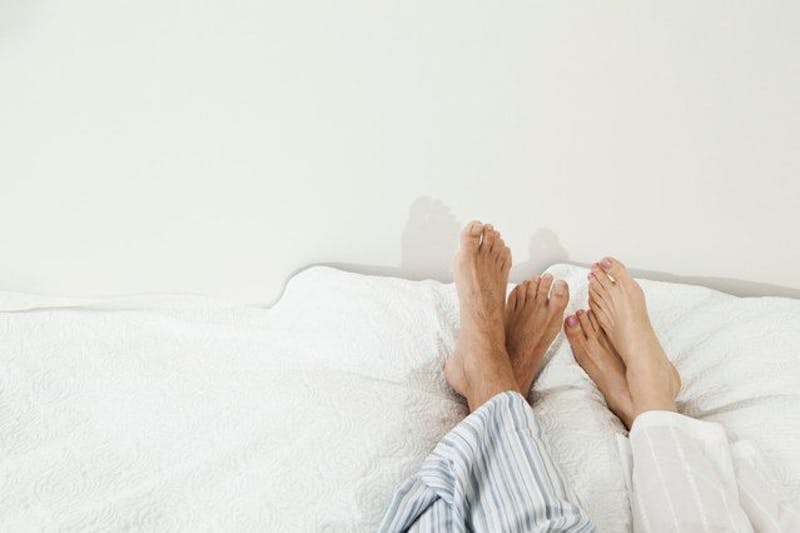
The bedroom has become a very unhappy place. According to medical experts, the libidos of both men and women are lackluster, at best. This depressing problem has many causes but if a recent survey held by BioTE Medical is accurate, hormone replacement therapy is a part of the solution.
The results of this survey strongly suggest that hormone replacement therapy can dramatically enhance sex drive in both men and women.
According to the American Sexual Health Association (ASHA), one in three women in this country experiences low sex drive. Research from this group notes “Symptoms can include a decreased desire to have sex, fewer sexual thoughts and fantasies, as well as sexual responsiveness.”
Perhaps even more damaging are the emotional effects of low libido. This can cause or exacerbate depression, create job and family pressure, low self-esteem and, when anti-depressants are used to overcome this malaise it can cause even more problems such as chemical dependency.
Women are More Likely to Suffer Low Libido Than Men
The two genders are not equal in terms of the incidence of low libido. Dr. Gary Donovitz, founder and medical director of BioTE Medical offers this snapshot of the prevalence of low sex drive among women and men.
The BioTE Intimacy Survey
In an effort to determine the effects of hormone replacement therapy on the sex drives of recent recipients of the BioTE pellets, participants were randomly solicited and 85 responded to the survey. Each respondent was anonymous, which encouraged complete candor.While this is not a sufficient number of respondents to qualify as numerically significant, it does present interesting anecdotal data.
Most of the survey respondents were 35 and older.
25 – 35 years…..2.35 %
35 – 50 years…54.12 %
50+ years……..43.53 %
When asked how long the respondent had been with his/her partner, most had been together for more than 10 years.
1 – 5 years…..20.73%
5 – 10 years…15.85%
10+ years……63.41%
Since hormone replacement therapy is relatively new to the practice of medicine, most of the respondents had been using the pellets for 3 years and less. Here’s how the longevity of usage broke down.
Less than a year….44.71%
1 – 3 years…………40%
3+ years……………15.29%
The results of the next section of the survey are extremely illuminating. Why? Remember these respondents are current BioTE Medical patients and their responses differ widely from the norm of other American couples.
The question for this section was: How Often Do You Have Sex?
Once a week………………….25.61%
A couple of times a week…..28.05%
More than twice a week……46.34%
Results from the world famous Kinsey Institute suggests these BioTE Medical patients are experiencing the joy of sex with much more frequency than the non-pelleted individuals. In its most recent survey the Institute notes:
Among Partnered Men, 25 to 29 years
27.1 % had sex 2 to 3 times per week
Among Partnered Men, 30 to 39
39 % had sex 2 to 3 times per week
Among Partnered Men, 40 to 49
25.3% had sex 2 to 3 times per week
Among Partnered Women, 25 to 29 years
28.7 % had sex 2 to 3 times per week
Among Partnered Women, 30 to 39 years
18.2 % had sex 2 to 3 times per week
Among Partnered Women, 40 to 49
31.4 % had sex 2 to 3 times per week
Having low libido can affect many other areas of a person’s life and undergoing hormone replacement therapy can result in big changes. Dr. Donovitz explains.


